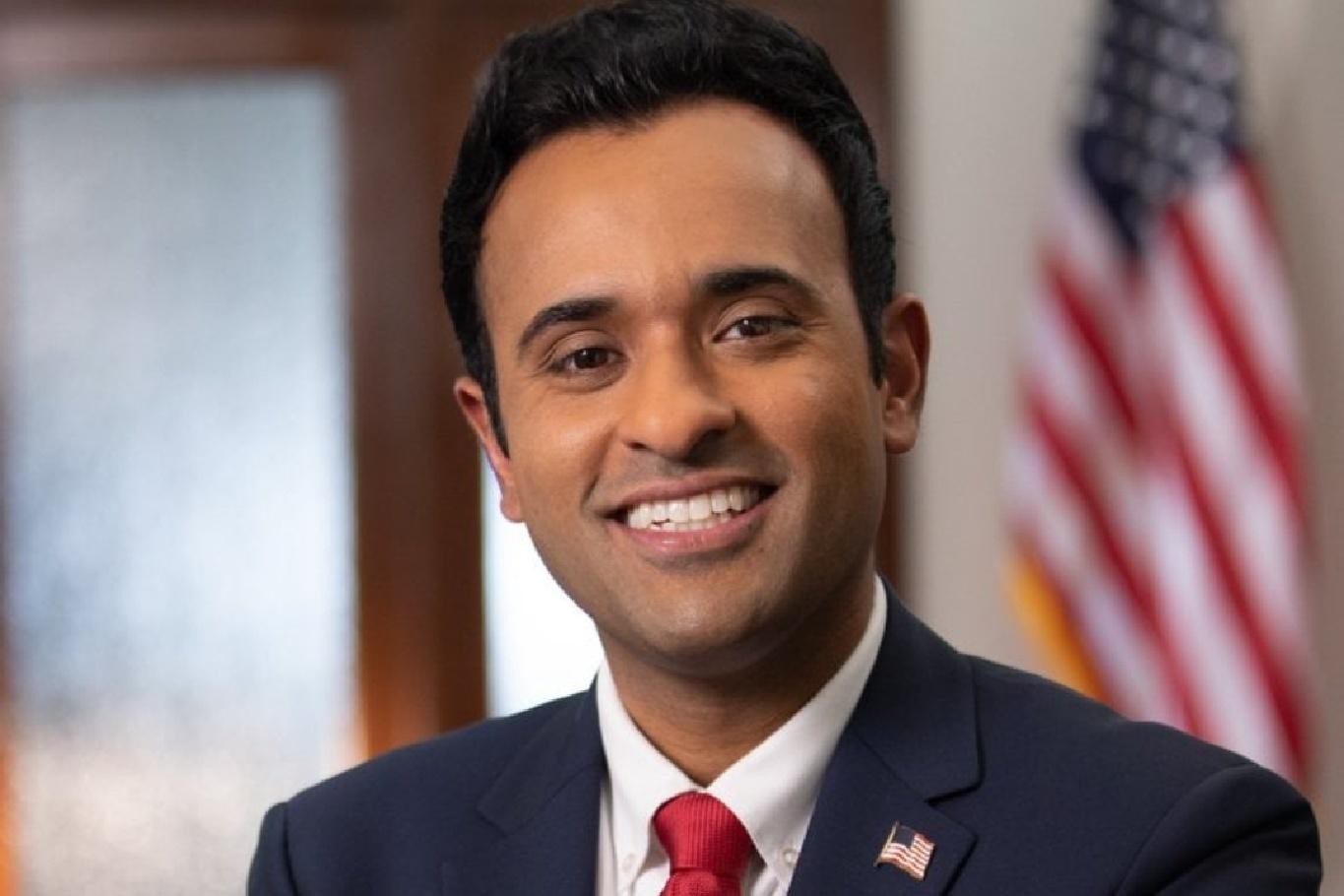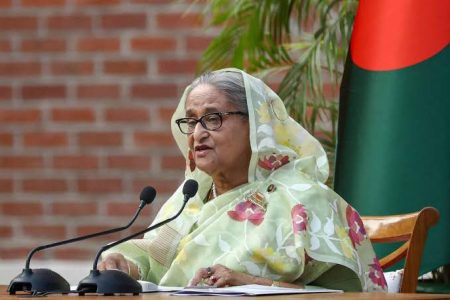
Former Republican presidential candidate Vivek Ramaswamy has strongly criticized the recent violence against Hindus in Bangladesh, attributing it to the country’s quota systems that, according to him, foster a sense of victimhood. In an extensive post on X, the entrepreneur discussed the quota protests in Bangladesh, asserting that such systems often culminate in violence.
At 39, Ramaswamy, who left the presidential race and supported Donald Trump in January, elaborated on the quota system’s origins and its repercussions. He remarked that a system initially designed to address injustices from the 1971 War of Independence has, decades later, exacerbated the situation, leading to new forms of violence.
Ramaswamy condemned the targeted attacks on Hindus in Bangladesh, labeling them as deeply troubling and highlighting them as a warning against quota systems driven by victimhood. He described the 1971 conflict, which involved widespread atrocities, as a tragic event that deserves remembrance but argued that the quota system intended to address these past wrongs has only perpetuated further violence.
The quota protests, which erupted across Bangladesh in June, were initially sparked by dissatisfaction with the system’s reinstatement after being largely abolished in 2018. Although the previous administration under Sheikh Hasina had eliminated most quotas, the current administration saw their revival this year, leading to widespread unrest and violent clashes.
The unrest has had severe consequences for minorities in Bangladesh. Hindu communities, in particular, have suffered from brutal attacks, with temples destroyed, homes and businesses looted, and individuals assaulted. This violence has driven many Hindus to seek refuge in neighboring India. Nobel Peace Prize laureate Muhammad Yunus, now the chief adviser of the interim government, has called for protection of minorities and denounced the violence against them.
The quota system, established in 1972 to provide jobs for the families of 1971 freedom fighters and other groups, had initially reserved a significant portion of government jobs. Following protests in 2018, the government reduced quotas but recently faced renewed demonstrations after the High Court reinstated many of the quotas. Although the Supreme Court has since directed that a vast majority of government positions be merit-based, the turmoil continues.







